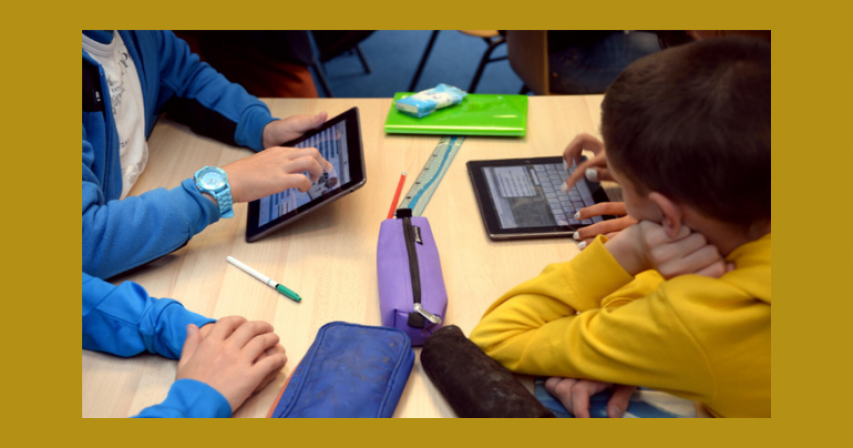Pocket Money: Teaching Financial Literacy

Many parents in the UAE are taking proactive steps to instill financial literacy in their children by incorporating pocket money into their upbringing. With the allure of various attractions and the temptation to spend, parents are emphasizing the importance of saving and responsible spending habits. By employing transparent, enjoyable, and interactive approaches to education, they aim to equip the younger generation with essential financial management skills.
One common strategy employed by parents is the implementation of a goals and rewards system. By incentivizing responsible spending and saving habits, parents nurture their children's ability to be financially responsible. American expat Naeema Zaki, a mother of three, initiated a weekly allowance system for her children, emphasizing the value of money and encouraging them to make decisions about their spending. The allowance, earned through completing household chores, serves as "spending cash" or "pocket money," fostering a sense of independence and financial awareness in her children.
Zaki's approach has yielded positive results, as her children have become more discerning in their spending habits. They now exhibit a conservative approach to spending, realizing the significance of price differences and the benefits of buying in bulk. Moreover, they express genuine gratitude when Zaki purchases items for them, recognizing the value of money and the effort required to earn it. Zaki contemplates introducing her children to apps or children's bank accounts in the future to further enhance their financial literacy.
Similarly, Filipino expat Ben Lebig, a registered financial planner, advocates for teaching children the fundamentals of money management from a young age. His daughter, Isabella, who earns through the sale of her books, follows a structured approach to money management. Fifty percent of her income is allocated to savings, a portion is earmarked for personal expenses, and a significant portion is donated to charity. By involving Isabella in financial decision-making and monitoring her spending, Lebig ensures that she appreciates the value of money and exercises prudence in her expenditures.
Experts emphasize the importance of educating children on money management early in life. Marilyn L. Pinto, Founder of KFI (Kids Finance Initiative) Global, highlights the advantages of starting young, including better academic performance and early preparation for financial independence. Additionally, teaching children about financial scams and fraud enhances their ability to identify red flags and protect themselves from fraudulent schemes.
Girish Hemnani, a Life Coach and Energy Healer based in Dubai, underscores the importance of integrating financial literacy into the school curriculum. He advocates for acknowledging the emotional aspect of money and believes that financial literacy, along with emotional intelligence, should be integral components of education.
In conclusion, parents in the UAE are actively engaging their children in financial education through pocket money and incentivized saving practices. By instilling values of responsibility, independence, and gratitude, they equip the younger generation with essential life skills to navigate the complexities of financial management. Through collaborative efforts between parents, educators, and experts, the UAE aims to cultivate a financially literate and empowered future generation.
By: Sahiba Suri





Comments